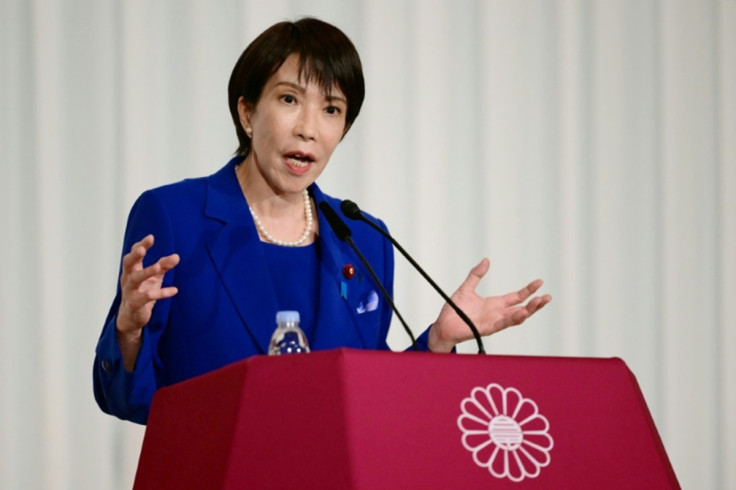
Japan has entered a new chapter in its political history as Sanae Takaichi becomes the country's first female prime minister. Her appointment on 21 October 2025, marks a historic moment for a nation where political leadership has long been dominated by men. Yet beyond the symbolism of breaking a centuries old gender barrier, Takaichi's rise is stirring debate both at home and abroad. Her ideology, leadership style, and policy priorities have drawn frequent comparisons to former British Prime Minister Margaret Thatcher, whose tough and uncompromising persona earned her the nickname 'The Iron Lady.' But how deep do those similarities really run?
Is Takaichi The Next Thatcher?
Takaichi has often spoken about her admiration for Thatcher, reportedly calling the late British leader one of her biggest inspirations and praising her 'womanly warmth'. Much like Thatcher, Takaichi rose from modest beginnings rather than from a political dynasty. Her mother reportedly served as a police officer, while her father worked at an automobile company, a background that stands out in Japan's elite, hereditary political circles.
However, the similarities may be more symbolic. While Thatcher was known for her fiscal restraint and market-driven reforms, Takaichi supports expansive spending programs and monetary easing in line with former Prime Minister Shinzo Abe's 'Abenomics'. Her approach reportedly favours aggressive fiscal stimulus over austerity, which is very different from Thatcher's economic legacy.
What Are Takaichi's Political Views?
Takaichi's politics are deeply rooted in the conservative wing of Japan's ruling Liberal Democratic Party (LDP). Reports suggest that she has opposed same-sex marriage and the introduction of separate surnames for married couples. Her stance on Japan's imperial succession, preferring it to remain male-only, has drawn both support and criticism across the political spectrum.
On foreign policy, Takaichi has emphasised national security and a more assertive defence posture. Reports suggest she has advocated strengthening ties with Taiwan and expressed an openness to reconsider certain aspects of Japan's pacifist constitution, which has restricted the country's military role since World War II. Her visits to the Yasukuni Shrine, which honours Japan's war dead including controversial figures, have reportedly drawn criticism from Asian neighbours.
Economically, Takaichi supports tax cuts and expanded government intervention, believing that a strong state role can revitalise Japan's economy. Analysts suggest that her policies may combine social conservatism with economic nationalism, creating a platform that appeals to older and more traditional segments of Japanese society. However, critics argue that her conservative social agenda could limit progress on gender equality, despite the historic nature of her appointment.
Jeff Kingston, a professor at Temple University, Japan Campus, told TIME, 'She doesn't have a very positive track record on gender issues, on family-friendly policies, women's empowerment,' adding, 'Coming from the right wing of the party, there is a strong, conservative family-and-social-values emphasis.'
Despite her personal breakthrough, Takaichi reportedly still faces entrenched gender inequality in Japanese politics. Women hold only a small share of parliamentary seats, and her pledge to appoint more women may be tested by the LDP's internal power dynamics.
Rocky Start for Japan's New Leader
Takaichi takes office at a time of big political uncertainty. The LDP has reportedly been weakened by internal divisions and the collapse of its long-standing coalition with the Komeito party. To secure a governing majority, Takaichi and the LDP reportedly had to forge new political alliances, which could complicate her ability to deliver on campaign promises.
In her first public statement as prime minister, Takaichi acknowledged Japan's serious internal and external challenges, and urged the nation not to remain idle. In her official statement, she expressed strong faith in the resilience of Japanese people and pledged to devote herself to guiding the country forward.
Takaichi said, 'I will strive to build a strong economy, turning people's unease and apprehension over their current lives and the future into hope, and I will deal with the challenges facing the international community as I embark on restoring Japanese diplomacy that flourishes on the world's center stage. I ask the Japanese people for their understanding and cooperation as I take these responsibilities upon myself.'
One thing is certain: Japan has entered a new era.







